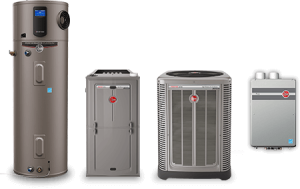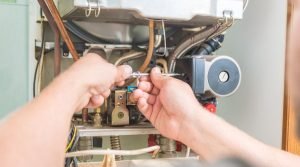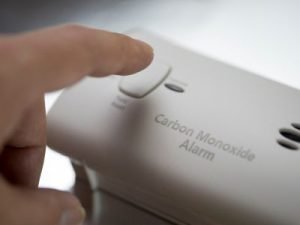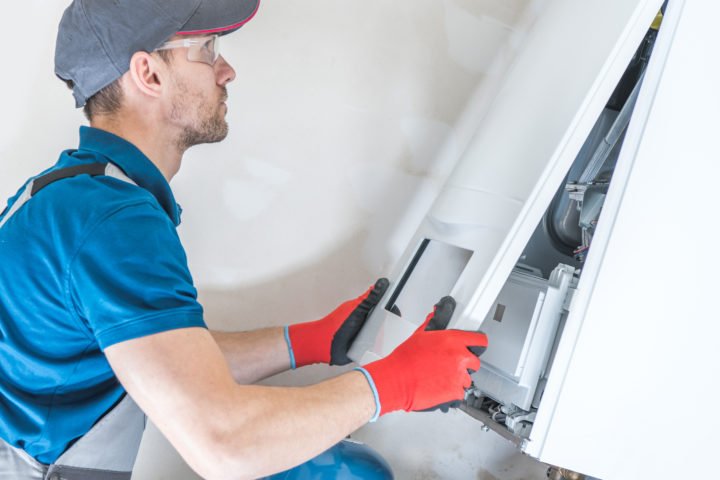In Colorado Springs, the weather changes dramatically, maintaining your heating and cooling system is crucial. Elevation Mechanical understands the importance of a comfortable living space and how regular maintenance ensures year-round comfort. They offer energy efficient solutions for your home.
Colorado Springs Weather and Your HVAC
We have four distinct seasons, each demanding different performance from your heating and air conditioning. Winters get very cold, and summers get very hot, putting a lot of stress on your system. The temperature can change drastically in one day. The dry, dusty air also impacts how well your systems work. This is especially true for your cooling system and heat pumps.
Common HVAC Problems
In winter, furnaces work too hard, leading to issues like clogged filters and breakdowns. This also increases the risk of carbon monoxide leaks. In summer, the air conditioning unit or ac unit struggles with the heat, causing refrigerant leaks and dirty evaporator coils. Dust and dry air negatively affect the indoor environment, exacerbating allergies. Poorly maintained air ducts contribute to these problems.
Why Regular Maintenance Helps

- Saves Money: Energy efficient systems use less energy, reducing your energy bills.
- Lasts Longer: Regular maintenance prevents premature failures, providing long term savings.
- Cleaner Air: Clean systems remove dust and allergens, improving your indoor environment.
- Stops Breakdowns: Regular checks mean fewer repairs and less discomfort, whether you need to heat or cool.
- Keeps Warranties Valid: Many manufacturers in the united states require proof of maintenance.
- Steady Comfort: Consistent temperatures year-round, eliminating temperature fluctuations.
When to Get Maintenance
- Spring: Check your air conditioning unit.
- Fall: Check your furnace and heat pumps.
- Older systems: Increase the frequency of your maintenance task.
- If you use a portable air conditioner or window air conditioners, ensure they are properly cleaned and maintained.
- Check your outdoor unit regularly for debris.
What a Check-Up Includes
Technicians change filters, clean coils, check refrigerant, oil parts, tighten wires, test thermostats, look for leaks, check the heat exchanger for carbon monoxide risks, clean drains, and test airflow.
Elevation Mechanical: Your Local Experts
Elevation Mechanical has helped people in Colorado Springs for over 20 years. They offer 24/7 help, clear prices, and they guarantee their work. Don’t wait for an HVAC emergency. Contact Elevation Mechanical today at 719-460-7091 to schedule your maintenance appointment and ensure your home’s comfort all year round. Invest in the longevity and efficiency of your heating and cooling system.










